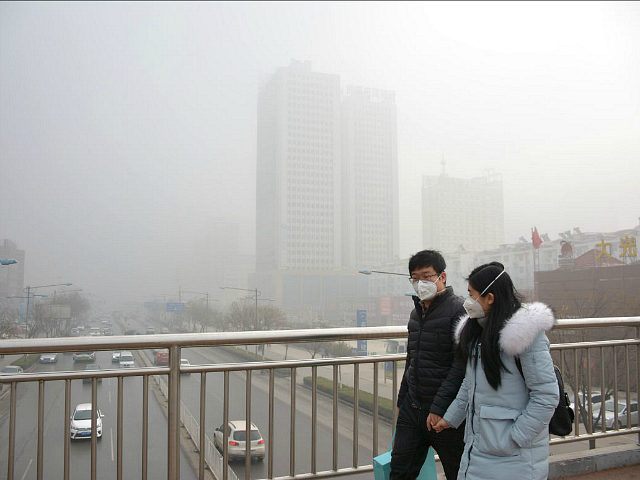Few economists are as versed in the economic consequences of climate change as William D. Nordhaus, one of the two American economists awarded with the 2018 Nobel Memorial Prize in Economic Science on Monday.
Nordhaus is a critic of coal, an advocate of international agreements to combat climate change, and a longtime supporter of taxes on carbon emissions, positions that put him at odds the Trump administration. So it may be surprising to many of his admirers to learn that he shares one of Trump’s core beliefs: the idea that tariffs on imports can be fruitfully used to accomplish political and economic goals.
Tariffs generally have a bad reputation with mainstream economists. They’re often described as counter-productive taxes on the countries imposing them that are unlikely to provoke changes in the countries they target. Critics of the Trump administration’s tariffs on China have frequently said that China is unlikely to give up its predatory trade practices.
Nordhaus, who has been a part of the Yale economics department for decades, was one of the earliest advocates of taxing carbon emissions. He developed complex models meant to measure the social cost of carbon emissions which he said should then be used to formulate a tax on the emissions, ensuring carbon emitters would pay the true cost of their activity. In its announcement awarding him the prize, the Nobel committee said Nordhaus had shown that “the most efficient remedy for problems caused by greenhouse gases is a global scheme of universally imposed carbon taxes.”
But Nordhaus’ more recent work has looked at how to ensure international compliance with efforts to reduce carbon taxes. To be effective at seriously reducing emissions, any policy would have to achieve compliance not only from the wealthy nations of the world but from virtually everybody. And his proposal for doing that is straight out of the Trump administration playbook: impose tariffs on countries whose policies don’t live up to what we think they should.
Here’s Nordhaus writing in the New York Review of Books back in 2015:
I recently described a possible Climate Club in the American Economic Review. Under the club rules, participating countries would undertake harmonized but costly emissions reductions. For example, they might agree that each country would implement policies that produce a minimum domestic carbon price of $40 per ton of CO2. The easiest way to raise the price is through a carbon tax, but countries might prefer other approaches such as setting quantitative limits on emissions, or hybrid approaches.
A crucial aspect of the club is that countries who are outside the club—and do not share in the burden of emissions reductions—are penalized. Penalties for those outside the club are central to the club mechanism, and penalties are the major difference from all other proposals from Kyoto to the upcoming meeting in Paris. Economic modeling indicates that the most promising penalty is uniform percentage tariffs on the imports of nonparticipants into the club region. A country considering whether to undertake costly abatement would have to weigh those costs against the potentially larger costs of reduced trade with countries in the club.
A central feature of the club is that it creates a strategic situation that is the opposite of today’s free-riding incentives. With a Climate Club, countries acting in their self-interest will choose to enter the club and undertake high levels of emissions reductions because of the penalties for nonparticipation.
China is now the biggest carbon emitter in the world. It’s not unimaginable that the Trump administration could add lower levels of emissions to its list of demands of China in order to lower tariffs.

COMMENTS
Please let us know if you're having issues with commenting.